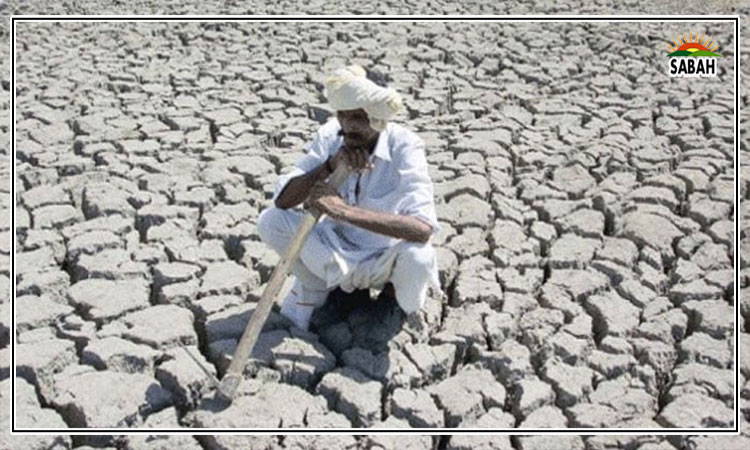Sustainable forestry…Zile Huma
International Forest Day is celebrated every year on March 21 to highlight the role of forests in sustainable development; threats to forest cover; and the need to preserve them for a healthy ecosystem.
According to the UN, the theme of International Forest Day 2023 is Forest and Health to highlight the importance of forests in providing a healthy environment and eliminating threats of many fatal diseases caused by the reduced forest cover. According to the World Wildlife Fund, in the Amazon, around 17 per cent of the forest has been lost in the last 50 years.
The role of forests in providing health benefits cannot be ignored. Trees play the role of lungs in our environment; they purify the air and absorb carbon emissions from the atmosphere. High levels of carbon in the air during winter are the cause of smog, which leads to many skin, eye and respiratory diseases. The heatwaves of 2015 engulfed the Subcontinent and took the lives of more than 2,500 people in India and more than 1,200 people in Pakistan. The heatwaves also led to dehydration and cardiovascular disease.
Forests help fight climate change due to their ability to filter carbon from the air, which helps maintain low average global temperatures and combat climate change. Many climate disasters are followed by health challenges. Following the 2022 floods in Pakistan, many health problems including diarrhoea, malaria and dengue spread among communities affected by the floods. According to a Unicef report on recent floods in Pakistan, By mid-January 2023, as many as four million children were still living near contaminated and stagnant flood waters, risking their survival and wellbeing.
Another major danger that people face is that of acid rains. When sulphur dioxide and nitrogen oxide of the atmosphere containing carbon combine with rain, it causes acid rain. This rain contaminates water bodies used for drinking and other household purposes.
Forests are also an important source of nutritious food. The reduced forest cover in countries also creates challenges of food insecurity and malnutrition. Such countries import important food items which are expensive and out of reach of poor people. Lack of nourishing food leads to lower immunity in people and accelerates the spread of diseases. The decreased forest cover also endangers wildlife.
According to a report by the Forest for Human Health and WellBeing, a study of 22 countries in Asia and Africa found that indigenous communities use an average of 120 wild foods per community. In Central Africa, wild meat and fishery products account for 85 percent of the total protein intake of forest people. Many precious animals are under the danger of extinction. This may disturb the ecosystem, leading to many health problems. Similarly, forests provide important ingredients to prepare many lifesaving medicines. According to the report, the total number of plant species used for medicinal purposes could be as high as 50 000. So, every day, plants, trees, and shrubs are saving millions of lives through their use in medicine.
Forests are also a source of good mental health as they reduce stress levels in people. The loss of forest cover snatches the natural habitat of many wild species which are forced to live in an artificial environment. This leads to close contact between humans and these species. Such a situation gives birth to many zoonotic diseases. There are many diseases caused by rats and rodents, such as salmonella.
Several challenges lead to declining forest cover across the world: clearing forest areas for agriculture is the foremost reason. According to the Food and Agriculture Organization (FAO), large-scale commercial agriculture (primarily cattle ranching and cultivation of soya bean and oil palm) accounted for 40 per cent of tropical deforestation between 2000 and 2010, and local subsistence agriculture for another 33 per cent.
Similarly, growing housing colonies and buildings and requirements of communication networks are great threats to the survival of forests. The mushrooming population puts pressure on resources to meet the needs which require more land to be cleared to fulfil food and living requirements.
Also, in many developing countries, people use wood fires for cooking and other commercial purposes. Some areas are dominated by the timbre mafia, which cut trees and smuggles wood to earn profits illegally. This leads to tree cutting and an overall decrease in forest cover.
International Forest Day is a reminder for us to acknowledge the essential role of forests in providing us with a healthy life and sustaining our ecosystem. We need to take solid steps to preserve forests not only to combat climate change but also for our wellbeing. Without forests, we can lose many health benefits necessary for the survival of our planet.
Courtesy The News












